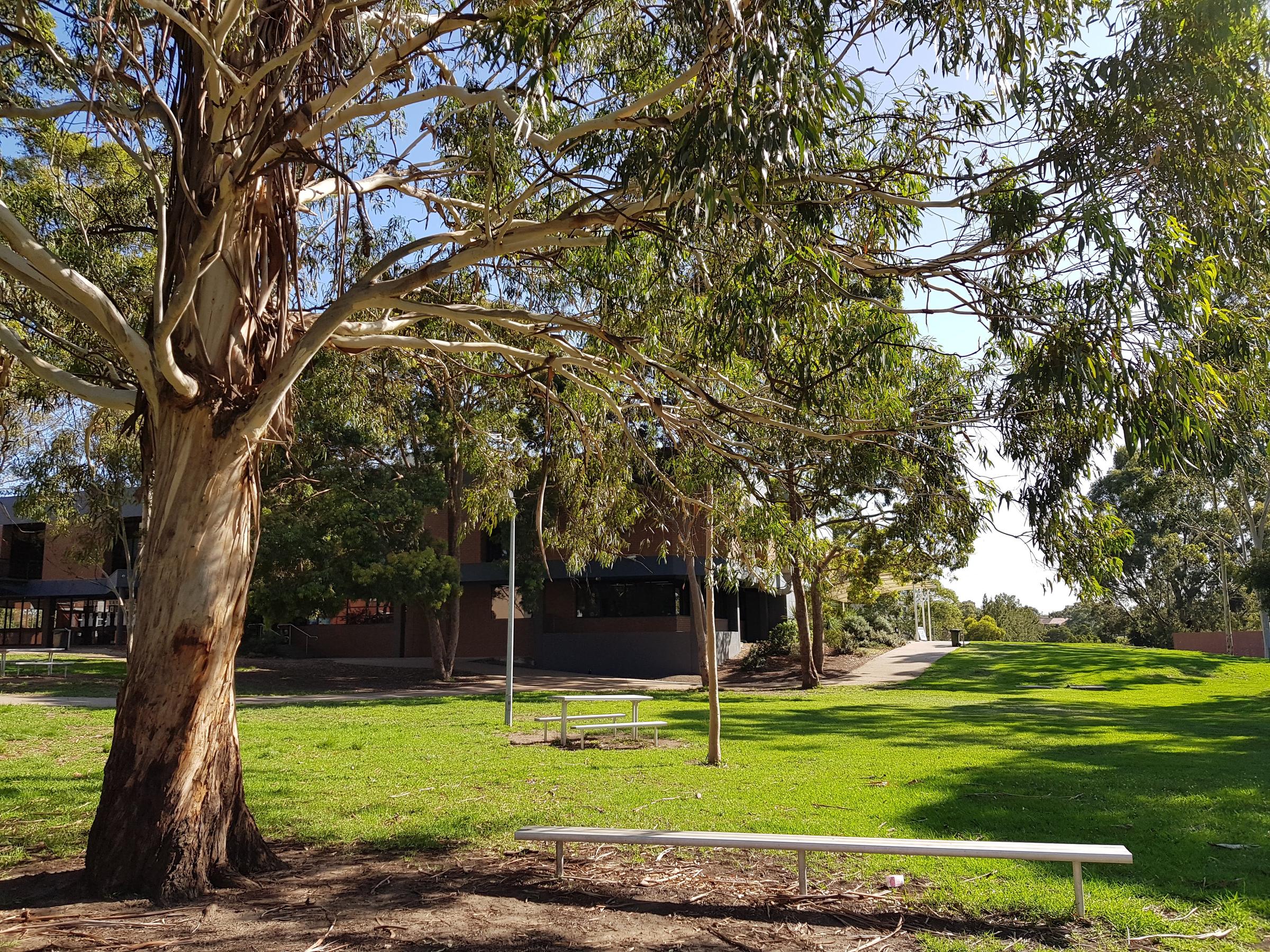Health & Wellbeing

Study Skills and Stress Management
During exam time, it's completely normal to feel both excited and anxious. To help you during this time, we have prepared a comprehensive guide on developing study skills and using stress management techniques.
Effective Time Management
Effective time management decreases stress and allows you to feel prepared and ensure you understand the content increasing the likelihood of your academic success. Some practical strategies are listed below.
- Identify Your Priorities: Start with a list of your tasks. Decide which ones are urgent and important, and direct your efforts toward those first.
- Make a daily/weekly to-do list: Divide areas of study into smaller sections, for example; research, drafting, and editing. The satisfaction you get from crossing off the completed tasks can be a good motivator.
- Utilise technology: Consider using organisational applications like Trello to visually organise and prioritise your tasks. Set reminders for deadlines and study sessions. Using text to speech for large texts can also be helpful for auditory learners.
- Time Allotment: Give specific time allocations to each subject so that you are able to give enough time to all subjects, timers or visual countdowns can help with staying organised.
- Eliminate Distractions: Make your study space clean, comfortable and remove any clutter. Reducing screen time or putting your phone in another room while studying can be helpful as well as noise cancelling headphones, music or fidget toys.
Effective Study
Effective study skills tailored to your learning style can improve how much and how well you are taking in and retaining information. Here are a few ideas to get you started:
- Know Your Peak Productivity Times: Everyone's times of greatest alertness varys. Note your own patterns and then schedule study sessions around them. You may find that shorter, focused bursts of study time work for you.
- Know thy learning style: Know whether you understand better through visual aids, auditory discussions, or hands-on activities. For example, a visual learner may want to prepare colour-coded notes and diagrams, but for an auditory learner, discussing with their peers or a record in their voice about a summary will do.
- Take Regular Breaks: Breaking up your studies in intervals can actually help improve your concentration and retention. You could try the Pomodoro Technique: for every 25-minute study session, take a 5-minute break. After four repetitions, take a longer break of 15-30 minutes. Use the time during breaks to get refreshed through stretching, taking short walks, or reward yourself with a small snack.
Effective Revision
Effective revision will help you to remember information and feel confident about your examinations. Here's how to get the most out of your revision time:
- Start Early: Start revising in advance of the examination dates. This will not only lower your level of stress but also help in remembering and information staying 'fresh'.
- Use Your Notes Wisely: Instead of reading and re-reading from your notes all the time, you must write down the important points using your own words. Also, you can make mind maps, diagrams, or use any digital tool to prepare active learning opportunities.
- Form Study Groups: Learning will be fun, and one will learn better when among a group of motivated people. Make sure that the people in your group are helpful and serious about their goals. The discussion and quizzing on topics make revision so much more interesting.
- Practice with Past Papers: Familiarity with various exam formats and question types will help in managing time more effectively on the day of the actual exam itself. One may even want to simulate the conditions of the actual exam in order to build up one's confidence.
Finding Balance
While getting good grades is vital, it is equally important to find a healthy balance between work and play:
- Prioritise Sleep: Get 8-10 hours of quality sleep each night. A well-rested brain retains information much better. It's also more resilient to stress.
- Diet Healthily: Eat a range of foods, fruits, vegetables, lean proteins, and whole grains. Try avoiding sugary snacks because their energy is short lived.
- Stick to Routine: Stick with familiar routines before the test: have the same breakfast, wake up time, shower etc.
- Incorporate Physical Activity: Incorporate at least an hour of moderate to vigorous exercise into your daily schedule, including activities such as brisk walking, yoga, or sports. Regular physical activity can help improve your mood, energy levels, and focus.
Manage Stress and Find Support
While moderate stress may serve to motivate you, too much stress impairs performance. Symptoms of too much stress include anxiety, irritability, inability to concentrate, headaches, and other physical problems. If you feel overwhelmed, seek help.
- Talk About It: Sometimes all it takes is to talk with your friends, family members, or teachers about how you feel. This can lighten the emotional burden.
- Access Professional Resources: If the stress becomes overwhelming, one may want to consult a school counsellor or mental health services. Following are some helpful resources you can contact:
- Kids Help Line: 1800 55 1800
- Headspace: Providing early intervention mental health services for young people
- Youth Beyond Blue: 1300 22 4636 for anxiety and depression support
Whilst exams are important and can help with your transition from high school, it's important to remember that your performance and results do not define you nor do they limit your future potential.
The Wellbeing Team want to wish our year 10, 11 and 12's good luck!
Isabelle Dolin
